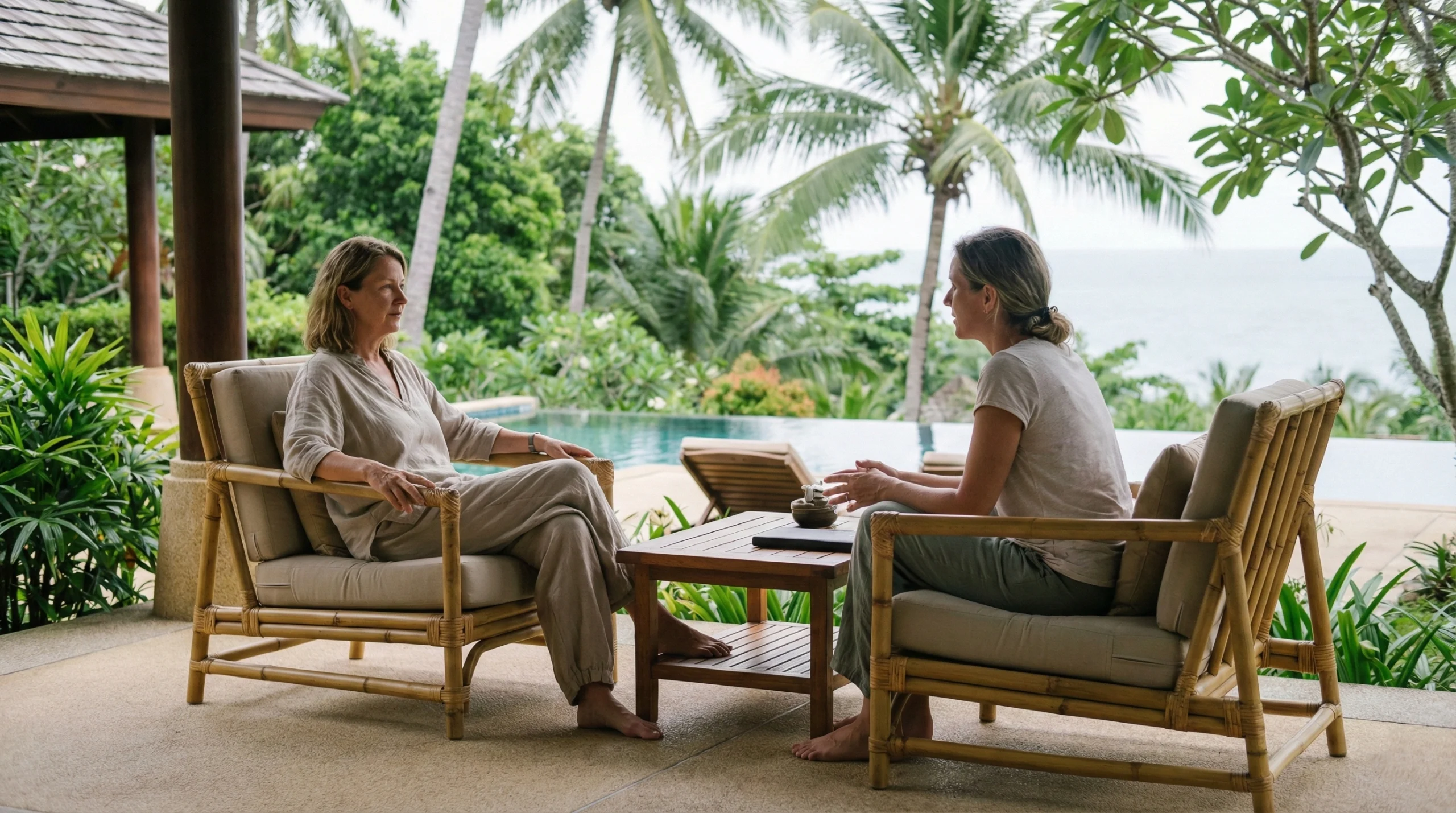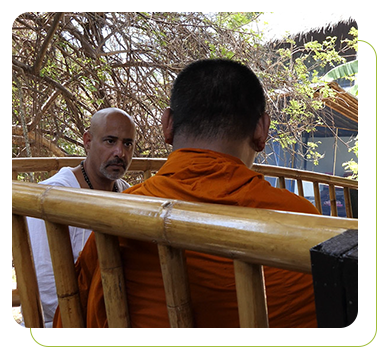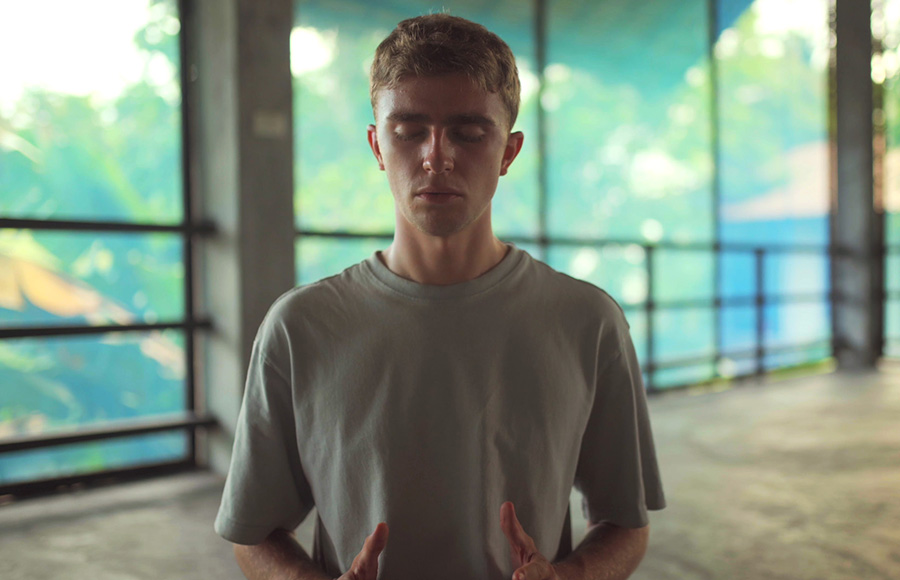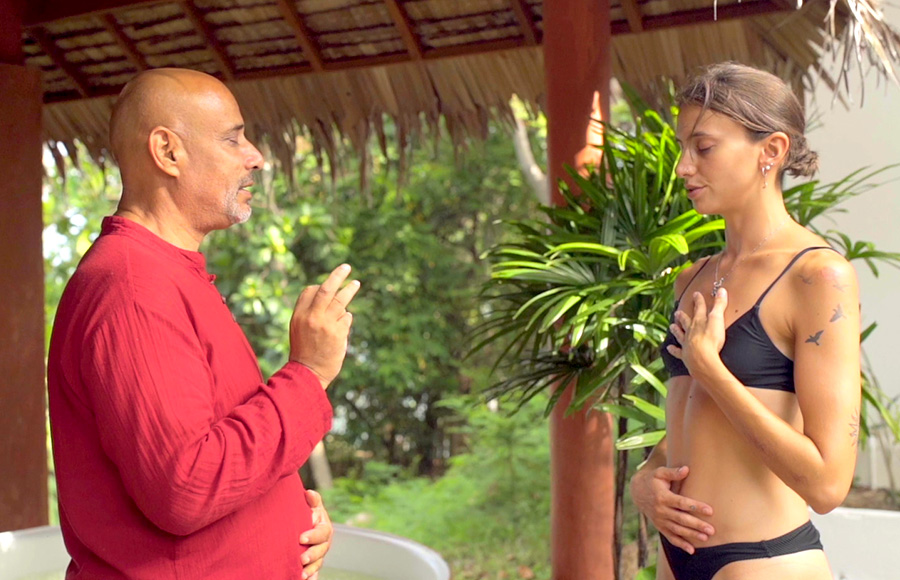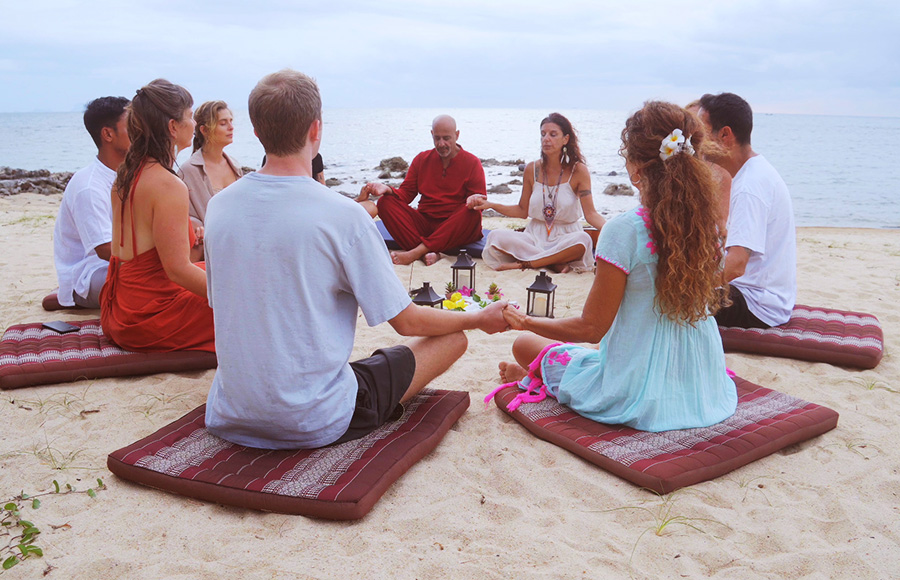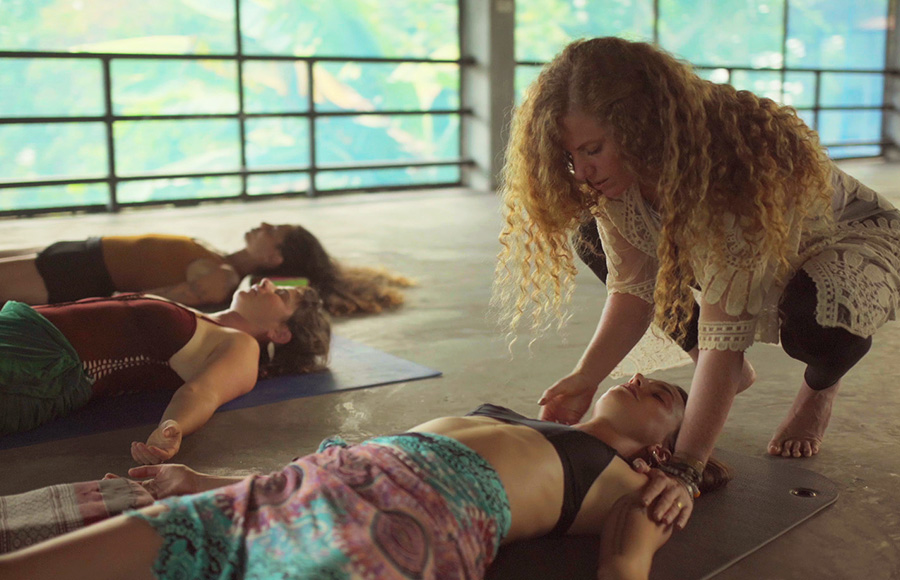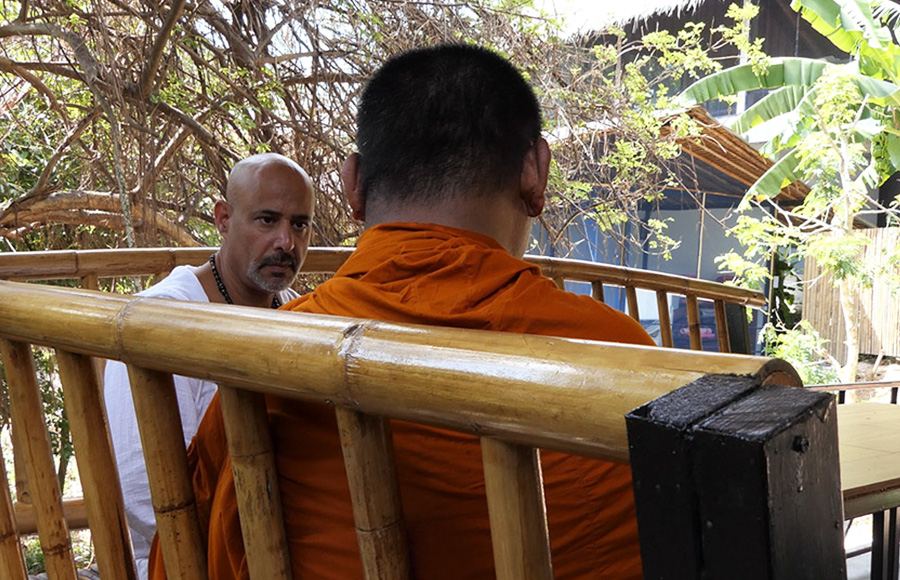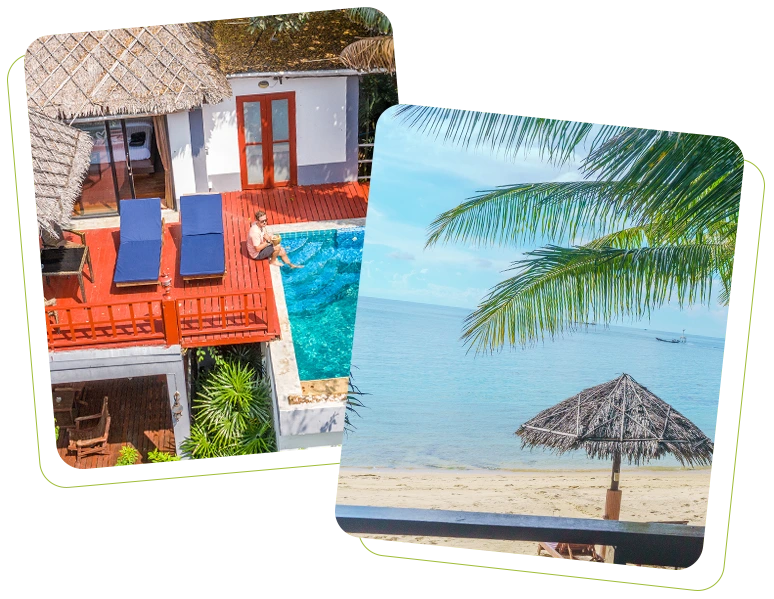Autism and Addiction: How Inclusive Rehab Programs Create Real Change
05 min read

Why Autism-Friendly Rehab Matters in Addiction Recovery
Addiction recovery is complex for everyone, but for autistic adults, the challenges are often amplified. Traditional rehab environments — with bright lights, crowded group sessions, and rigid structures — can feel overwhelming and inaccessible. Many autistic individuals facing addiction or co-occurring mental health challenges disengage from treatment, not because they lack motivation, but because the programs are not designed with their needs in mind.
At Holina Rehab Thailand, we believe recovery should be autism-friendly, trauma-informed, and person-centered. By creating a safe, sensory-friendly environment and adapting therapies for autistic clients, Holina makes lasting recovery possible.
Understanding Autism and Addiction
Autism spectrum condition (ASC) is not a disorder to be “fixed,” but a different way of experiencing the world. However, research shows autistic people may be at higher risk of developing addictions due to:
Social exclusion and bullying leading to trauma and isolation
Masking and burnout from trying to appear neurotypical
Anxiety and depression, which affect up to 70% of autistic adults
Self-medication with alcohol or substances to cope with stress or sensory overload
These realities underscore why inclusive addiction treatment is so vital.
Why Traditional Rehab Programs Fall Short for Autistic Clients
Conventional rehab models often unintentionally exclude autistic clients through:
Overstimulation: Bright lights, noise, or group-heavy formats can cause sensory distress.
Rigid communication styles: Verbal-only processing doesn’t suit all clients.
Lack of autism training: Staff may misinterpret behaviors or emotional expression.
One-size-fits-all therapies: Many programs don’t allow for pacing or flexibility.
This can leave autistic clients feeling misunderstood and unsupported, increasing the risk of relapse.

How Holina Rehab Creates Autism-Friendly Recovery
1. Sensory-Friendly Healing Environments
Holina’s resort includes quiet rooms, low-light spaces, and natural outdoor areas where clients can regulate their nervous systems without sensory overload.
2. Staff Training in Autism Awareness
Our therapists and facilitators are trained to:
Recognize masking and burnout
Adapt therapy to non-verbal or visual communication styles
Understand emotional regulation differences in autistic clients
3. Flexible and Adapted Therapies
Mindfulness and yoga practices tailored to sensory needs
Creative therapies such as art, sound, and movement, allowing non-verbal expression
Water-based therapies (unique to Holina) that support somatic healing and nervous system regulation
4. Trauma-Informed Addiction Recovery
We address the high rates of trauma experienced by autistic individuals, combining psychotherapy, EMDR, and holistic practices with compassion and flexibility.
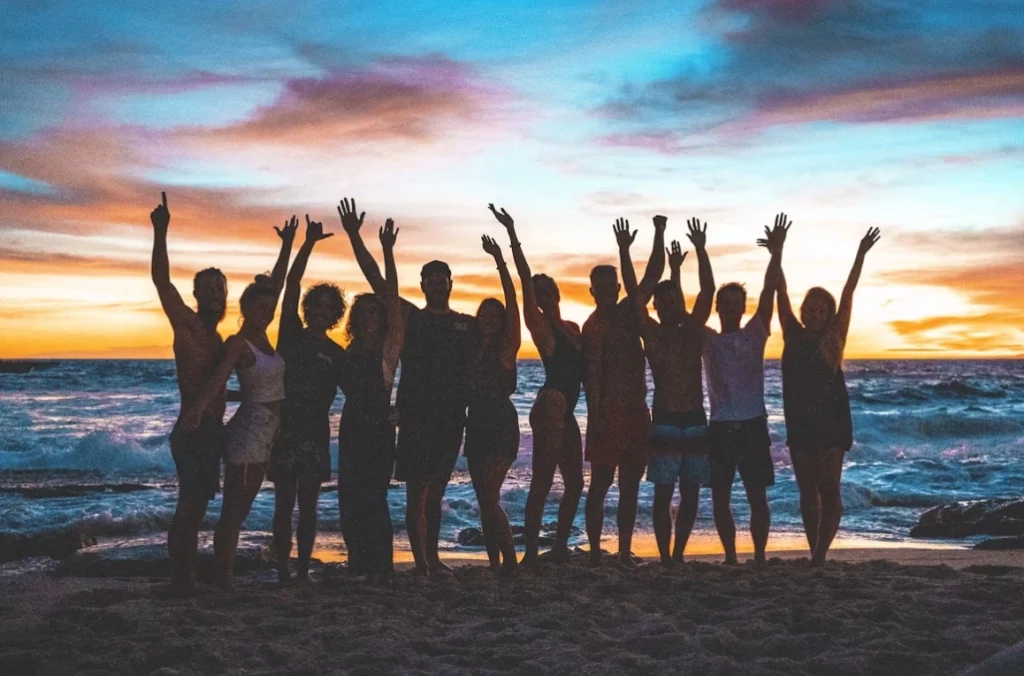
The Benefits of Autism-Friendly Rehab
Increased engagement: Clients feel safe, seen, and respected.
Better completion rates: Flexible, adapted therapy reduces dropout.
Reduced relapse risk: Addressing trauma and sensory needs creates sustainable outcomes.
Sense of belonging: Holina fosters community where differences are celebrated.
The Growing Demand for Autism-Inclusive Rehab
Autism diagnoses in the UK have increased sharply in the past five years, with 1 in 100 people estimated to be autistic.
Globally, awareness of neurodiversity is expanding, and families are actively searching for “autism-friendly addiction treatment” and “inclusive rehab centers.”
Holina Rehab positions itself as a leader in autism-inclusive recovery, attracting clients from the UK, Europe, and worldwide.
FAQs About Autism and Rehab
Q1: Can autistic people go to rehab?
Yes. With autism-friendly adaptations, rehab can be safe, inclusive, and effective for autistic clients.
Q2: What makes rehab autism-friendly?
Sensory-friendly spaces, staff training in autism, flexible therapies, and clear communication all make rehab accessible.
Q3: Why are autistic people more vulnerable to addiction?
Social exclusion, trauma, and co-occurring conditions like anxiety or depression increase risk.
Q4: How does Holina adapt therapy for autistic clients?
Through visual tools, flexible pacing, creative therapies, and specialist training for staff.
Q5: Is Holina only for autistic clients?
No. Holina is inclusive of all clients but has specific expertise in supporting neurodivergent people, including autism, ADHD, and dyslexia.
Conclusion: Real Change for Autistic Clients in Recovery
Recovery is possible when care is inclusive. By creating a safe, autism-friendly environment, training staff in neurodiversity awareness, and offering flexible trauma-informed therapies, Holina Rehab Thailand empowers autistic clients to heal on their own terms.
Every mind deserves respect. Every story deserves healing. At Holina, we make recovery a reality for autistic clients worldwide.
📞 Ready to Begin?
Contact Holina Rehab today to start your healing journey:
Phone: +66 (0) 626 418 369
Email: info@holinarehab.com
Website: www.holinarehab.com
About Me
Ian Young
Ian Young is the Global Manager at Holina Care Centres in Koh Phangan, Thailand. Ian oversees the rehabilitation programs that blend the 12 Step model, Psychology, Counselling, Coaching, Somatic and many other therapeutic engagements, alongside various evidence-based therapies with holistic healing practices. Holina Rehab treats addictions, trauma, anxiety, depression, and other emotional challenges, offering comprehensive care in a serene resort environment. Ian, a charismatic speaker and author of “It’s Not About Me” leveraging his own recovery journey from addiction to inspire and guide others toward a fulfilling, addiction-free life.



